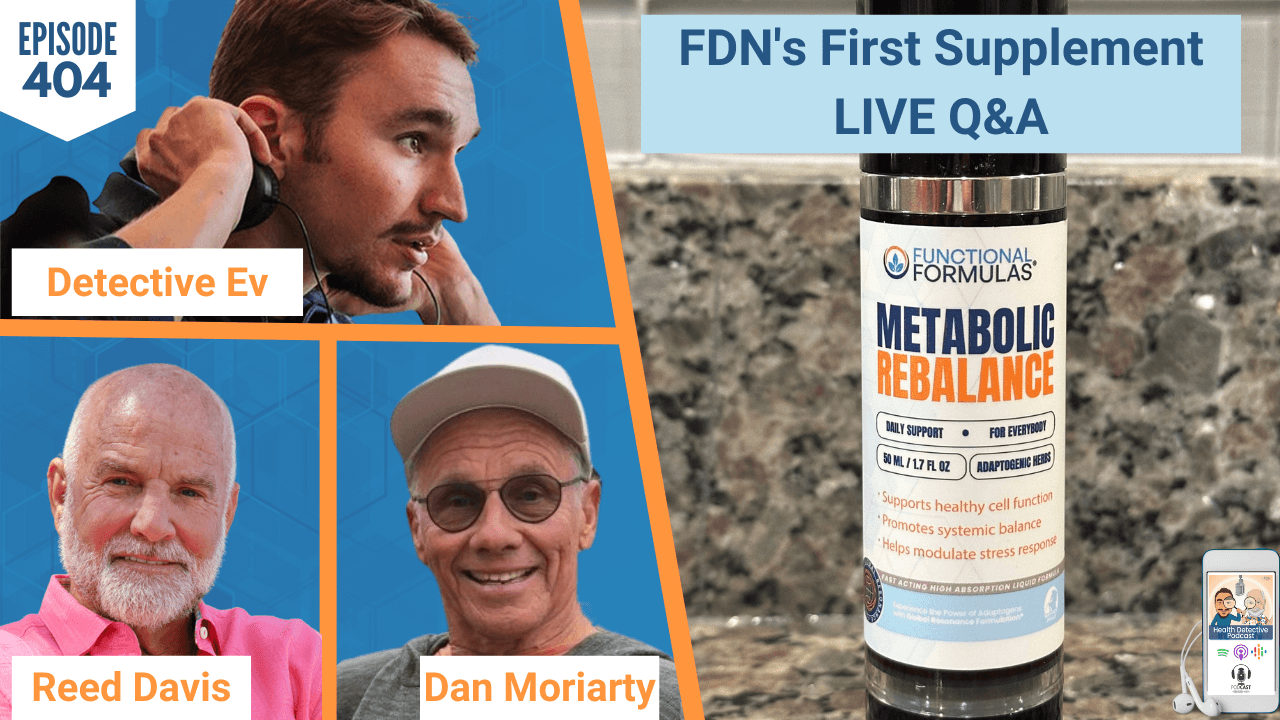Bottled water is big business. In the US alone, more than 70 million bottles of water are sold each year. The average American consumes 167 bottles of water yearly and global sales revenue from water is more than 60 billion dollars. And consumption is steadily increasing.
But there is a dark side to consuming bottled water that few people are aware of. And the lack of awareness can ultimately be contributing to many health issues, as well as hitting you in the wallet. What you don’t know can hurt you, and so here are four reasons why you should consider skipping bottled water.
Toxic chemicals in the plastic
Most consumers believe that food and beverage packaging is safe, but this is not always the case. Plastic bottles can contain chemicals that affect your hormones or that can even cause cancer. Plastic water bottles are made from PET plastic, which is marked with a 1 code on the bottom. This type of plastic contains more than 80 different chemical contaminants, all of which can leach into the water. And although any level of these contaminants will be unhealthy for the body to ingest, we simply do not know exactly how high the level of contamination is, even though studies have confirmed that at least a small amount is present in the water.
For those who are already dealing with hormone imbalances or other health concerns, adding toxins to the body can actually compound health problems and delay or prevent healing.
Not so pure?
It’s easy to believe that bottled water is pure, and the water companies work hard to sell that idea to consumers. But what is in the bottle may not be so pure after all. In 2008, the Environmental Working Group commissioned testing which found 38 pollutants in 10 brands of bottled water. Some brands contained pollutants that contribute to cancer, while other contained toxic bacteria. Two of the brands were indistinguishable from common tap water. Pepsi and Coca-Cola have both admitted that their bottled water brands Aquafina and Dasani are purified tap water. Bottled water companies are not regulated in the same way that municipal water utilities are. Water utilities must test their water regularly and provide the results to the public. But water bottling companies are not held to the same standard.
Cost
The average cost of a bottle of water is $1.46 but a gallon of tap water costs approximately $0.002. If tap water cost the same as the least expensive bottle of water, you would pay roughly $9000 a month for water. So filtering water at home and pouring it into a safe, reusable water bottle is significantly less expensive than purchasing bottled water.
Pollution
If more than 70 million bottles of water are being sold each year, then where do all of those empty bottles go? Unfortunately, most are not being recycled. According to the Environmental Protection Agency, only an estimated 29% of these types of bottles are being recycled. The rest make their way to landfills or the ocean.
Add to that the amount of oil it takes in the manufacturing process, as well as for transportation of all of that bottled water, and you’ve added to the pollution problem.
So it may be time to rethink the bottled water you drink and find healthier options.
The recommendation by the Environmental Working Group is that you drink filtered tap water that you filter at home. Find a filter that removes as many toxins as possible. And use a safe water bottle, such as the special glass water bottles that are available for around $25.






